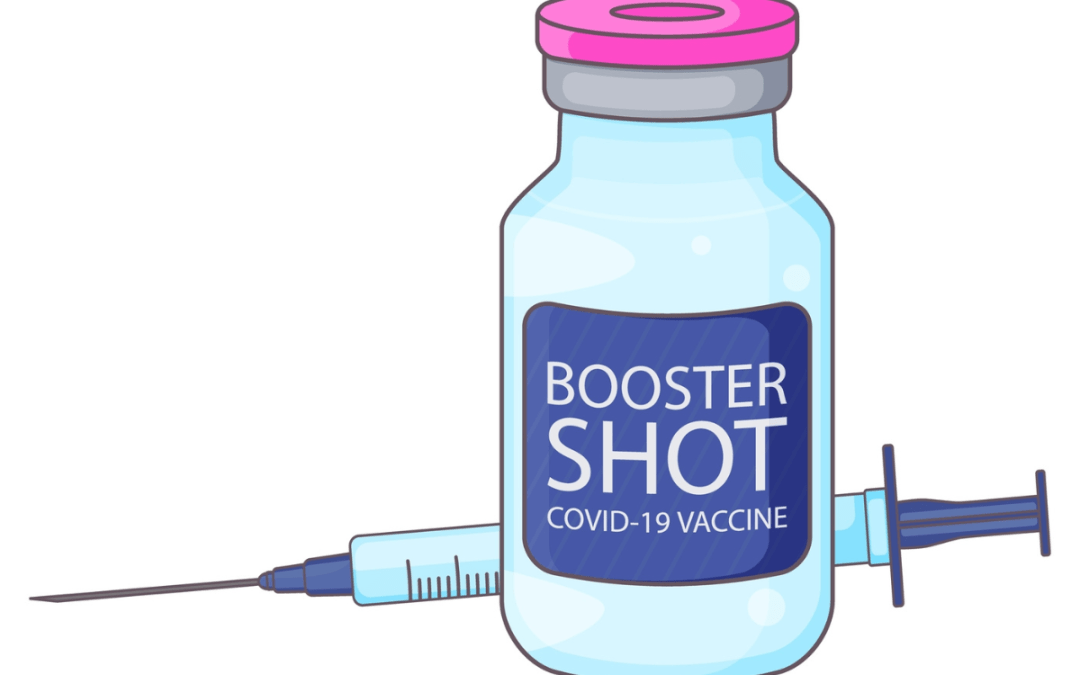The Financial Times warned in September 2022 that experts in the US are concerned about the COVID-19 booster programme this winter. The jabs have not undergone clinical testing on humans, which the article suggests “risks denting public trust and increasing hesitancy about vaccines”.
The booster jabs
The US will be using bivalent boosters; the administration bought 171 million doses of the BioNTech and Moderna boosters for $5 billion. Authorisation was fast-tracked in the hope that they can be used in time against “dominant variants”. The FDA stated in August 2022 that it “based its decision on the totality of available evidence, including extensive safety and effectiveness data” for similar vaccines.
“Based on the data supporting each of these authorisations, the bivalent COVID-19 vaccines are expected to provide increased protection against the currently circulating omicron variant”.
FDA Commissioner, Dr Robert M. Califf, encourages “anyone who is eligible to consider receiving a booster dose” of a Bivalent COVID-19 vaccine to gain “better protection against currently circulating variants”. The authorities continue to promote the bivalent booster programme in the hope that it can reduce another increase in infections.
Dr Nancy Jecker of the University of Washington School of Medicine believes that the similarities between the boosters and the original jabs are strong. Thus, the risk associated with this approval is low.
“Emergency authorising Moderna and Pfizer boosters based on animal studies gives people the chance to minimise their risk of COVID as more people congregate indoors”.
Fears for vaccine confidence
Despite enthusiasm from the FDA, health experts are concerned that the boosters have limited data. One expert is Dr Eric Topol, founder and director of the Scripps Research Translational Institute. He told the Financial Times that “without the data and getting a human response in at least a limited number of people you just set it up for the anti-vaxxers”.
“There are already groups calling it the mouse vaccine.”
He acknowledges a “trust problem” in the US that he is worried will worsen after the decision by FDA. This approach conflicts with European reticence to approve the newest bivalent boosters without more data. Although the UK was the first country to approve such a booster, clinical data was pivotal in this decision.
It is widely believed among the health community that low vaccination rates in the US have significantly contributed to a high death rate of over 1 million people. Although the virus is still making the rounds, the number of people coming forward for boosters has fallen.
Feeling the fatigue
Another concern for US health experts is the growing feeling of “fatigue” among the population. Dr Paul Offit is director of the Vaccine Education Centre at the Children’s Hospital of Philadelphia. The Financial Times reports that he and a colleague on the FDA advisory panel voted against development of the vaccine without further clinical data. He suggests that people feel “mostly protected” and think that “the pandemic is largely behind them”. He told the Financial Times that it’s “a lot to ask people” to move forward on a vaccine without human data
Furthermore, Dr Offit is concerned that an “influenza vaccine strategy” isn’t appropriate for COVID. However, if uptake of the boosters could mirror annual flu vaccine uptake, CDC modelling predicts the prevention of around 100,000 hospitalisations. Additionally, “billions of dollars in healthcare costs” would be saved.
Will this modelling and updated public health advice be enough to encourage vaccine receptivity this winter?
To hear from experts about this year’s boosters and future booster options come to the World Vaccine Congress in Europe, 2022.





